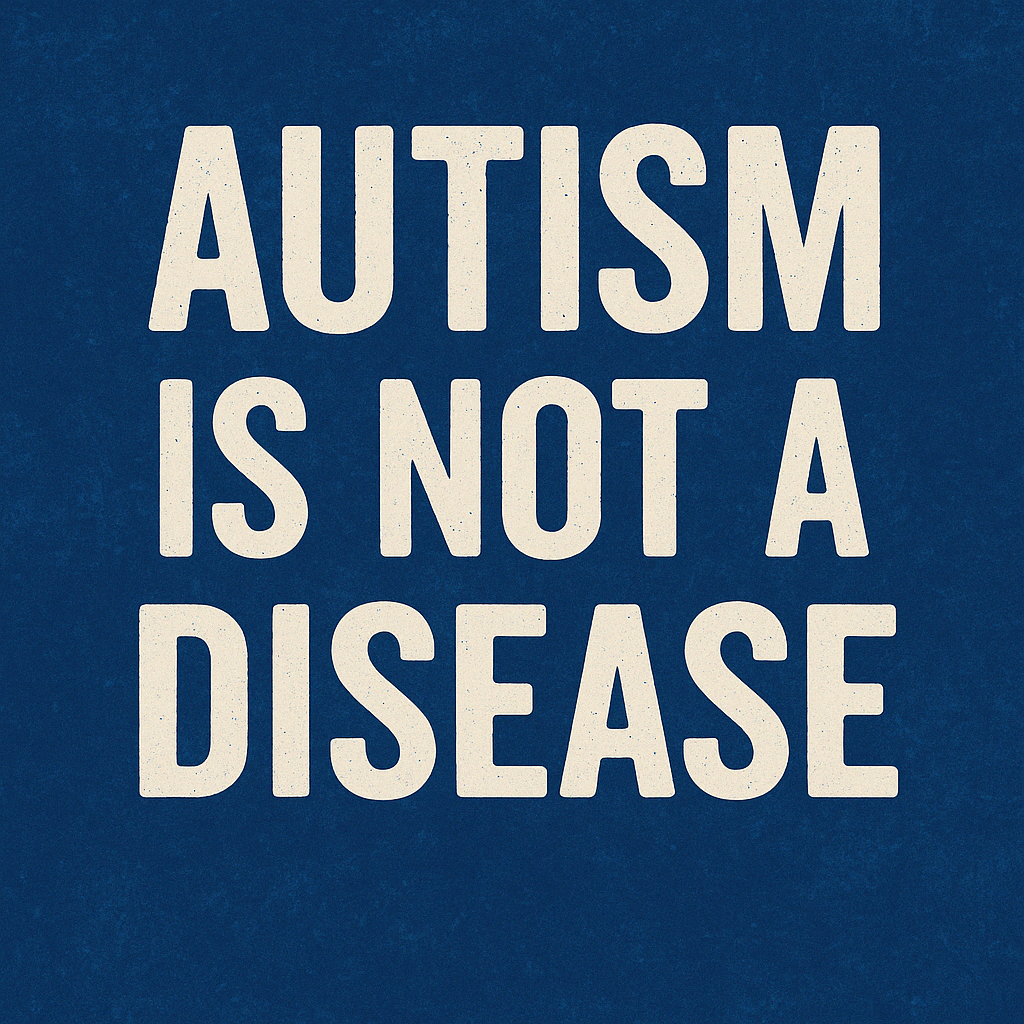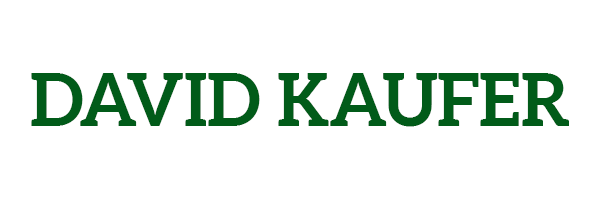Autism Is Not a Disease – And Should Not Be Tracked Like One
This morning, CBS News reported that the National Institutes of Health is amassing private medical records from federal and commercial sources to support a new autism initiative led by Health and Human Services Secretary Robert F. Kennedy Jr.
The article states:
“A new disease registry is being launched to track Americans with autism.”
Read that again. Let it sink in. Then read it a third time.
“A new disease registry is being launched to track Americans with autism.”
The rage and heartbreak I feel reading that sentence is hard to express in words suitable for public consumption.

⸻
Let Me Be Clear:
Autism is not a disease.
Autistic individuals do not need to be tracked like public health threats.
And building a government-linked disease registry that labels a neurodevelopmental difference as a condition to be monitored is not progress. It’s regression – a return to stigma, surveillance, and fear-driven thinking.
And it’s not just careless – it’s strategic. This initiative is being spearheaded by someone with a long, well-documented history of pushing debunked and dangerous narratives about autism.
This isn’t about science.
It’s about control.
⸻
We’ve Been Here Before
Throughout history, marginalized communities have been “studied” in the name of public health. But the real aim was often about containment, compliance, and reinforcing a single narrative: That different is dangerous.
This new autism registry isn’t just a bad idea. It’s a warning sign.
It’s a step toward pathologizing difference. It opens the door to further segregation, and in the wrong hands, even coercive policies masked as “care.”
If you think I’m being dramatic, remember:
We already live in a country where non-speaking autistic individuals are routinely denied communication access, educational rights, and basic dignity. The systems we have now don’t listen. They punish. They isolate.
What happens when those same systems start keeping track of autistic people like they’re carrying something contagious?
⸻
Here’s What We Need Instead:
• Access, not surveillance.
• Support, not suspicion.
• Community-driven inclusion, not top-down data extraction.
The neurodiverse community deserves to be seen, not scanned.
We need systems that presume competence, that elevate voices like my son Stone’s, that recognize that communication is not limited to speech and that intelligence doesn’t only show up on command.
I’ve seen firsthand how AI, used with care and presence, can support autistic individuals without demanding conformity. I’ve seen what happens when someone like Stone is finally believed in. He blooms.
He didn’t need to be tracked.
He needed to be trusted.
⸻
If You’re Listening, NIH:
Don’t do this.
Don’t frame autism as a disease.
Don’t build systems of control when what we need are systems of relationship.
And to everyone else – parents, allies, autistic individuals:
We must raise our voices.
Because this isn’t about data.
It’s about dignity.
And that’s not negotiable.
⸻
If this resonated with you, share it. Speak up. Don’t let silence be complicity.
We’ve come too far to go back now.
